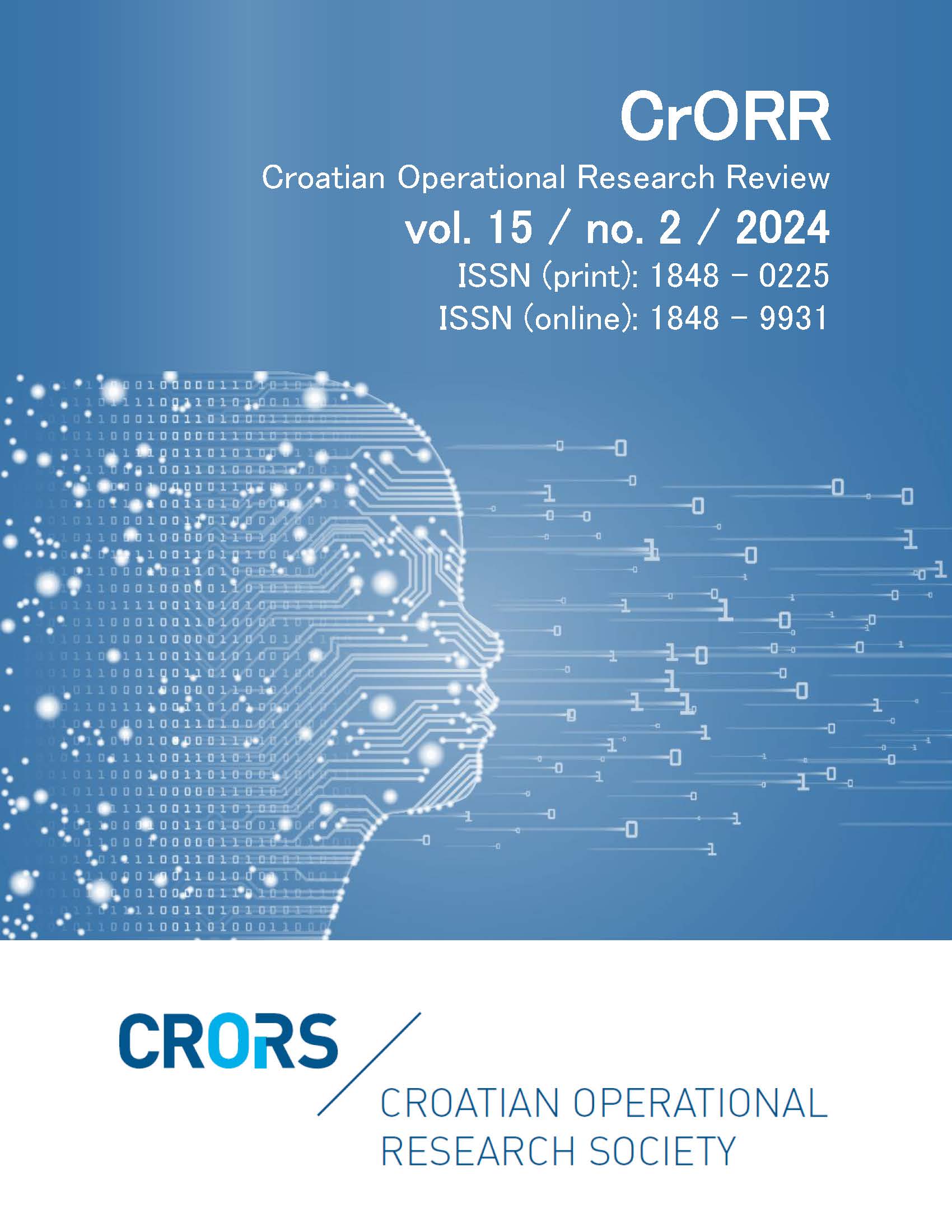Multi server queuing model with dynamic power shifting and performance efficiency factor
Abstract
The need for high performance models in the queuing systems; availability in the fields of computing and communication systems and logistics management poses extensive challenges in design and development of the appropriate modeling. In this work, we propose a robust probabilistic model to mitigate these problems by appropriately choosing a multi-server queuing system with dynamic service facility. The arrival substances, such as packets or jobs or customers or consumers, follow a Poisson arrival process and these arrivals enter a queuing system according to FIFO discipline. The system designed in the system is armed with a fixed number of service stations, in which some servers are capable of allocating additional service capacity by adjusting dynamically. When a customer arrives at the system, if a free server is available, it is immediately served by one of the free processors; if no server is free, that is all are busy, the arrived job is accommodated in the queue and waits for service in the system. In this paper, we proposed a stochastic model to handle peak loads efficiently, boosting service capacity during burst arrivals. Numerical results presented in this paper are generated by the spectral expansion method to demonstrate the model’s performance, offering insights into its efficiency and accuracy. Furthermore, we derived some important special cases of speedup factor, which provide the mathematical estimation of system performance in terms of computation and communication times.
Downloads
Published
Issue
Section
License
- Authors retain copyright and grant the journal right of first publication with the work simultaneously licensed under a Creative Commons Attribution License that allows others to share the work with an acknowledgement of the work's authorship and initial publication in this journal
- Authors are able to enter into separate, additional contractual arrangements for the non-exclusive distribution of the journal's published version of the work (e.g., post it to an institutional repository or publish it in a book), with an acknowledgement of its initial publication in this journal.
- Authors are permitted and encouraged to post their work online (e.g., in institutional repositories or on their website) prior to and during the submission process, as it can lead to productive exchanges, as well as earlier and greater citation of published work (See The Effect of Open Access).


